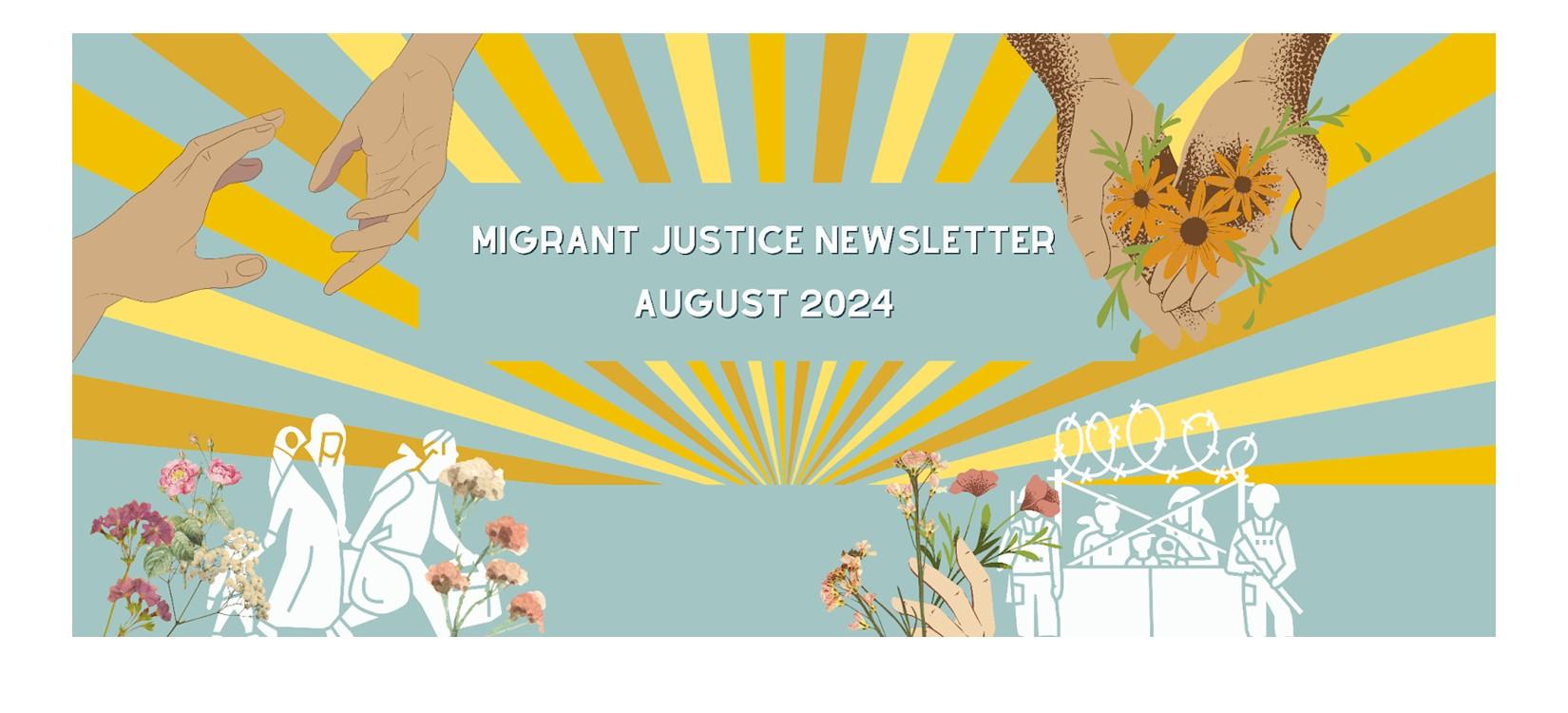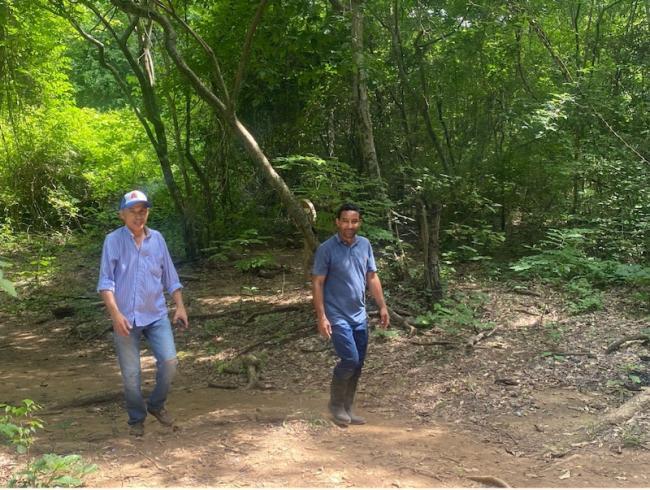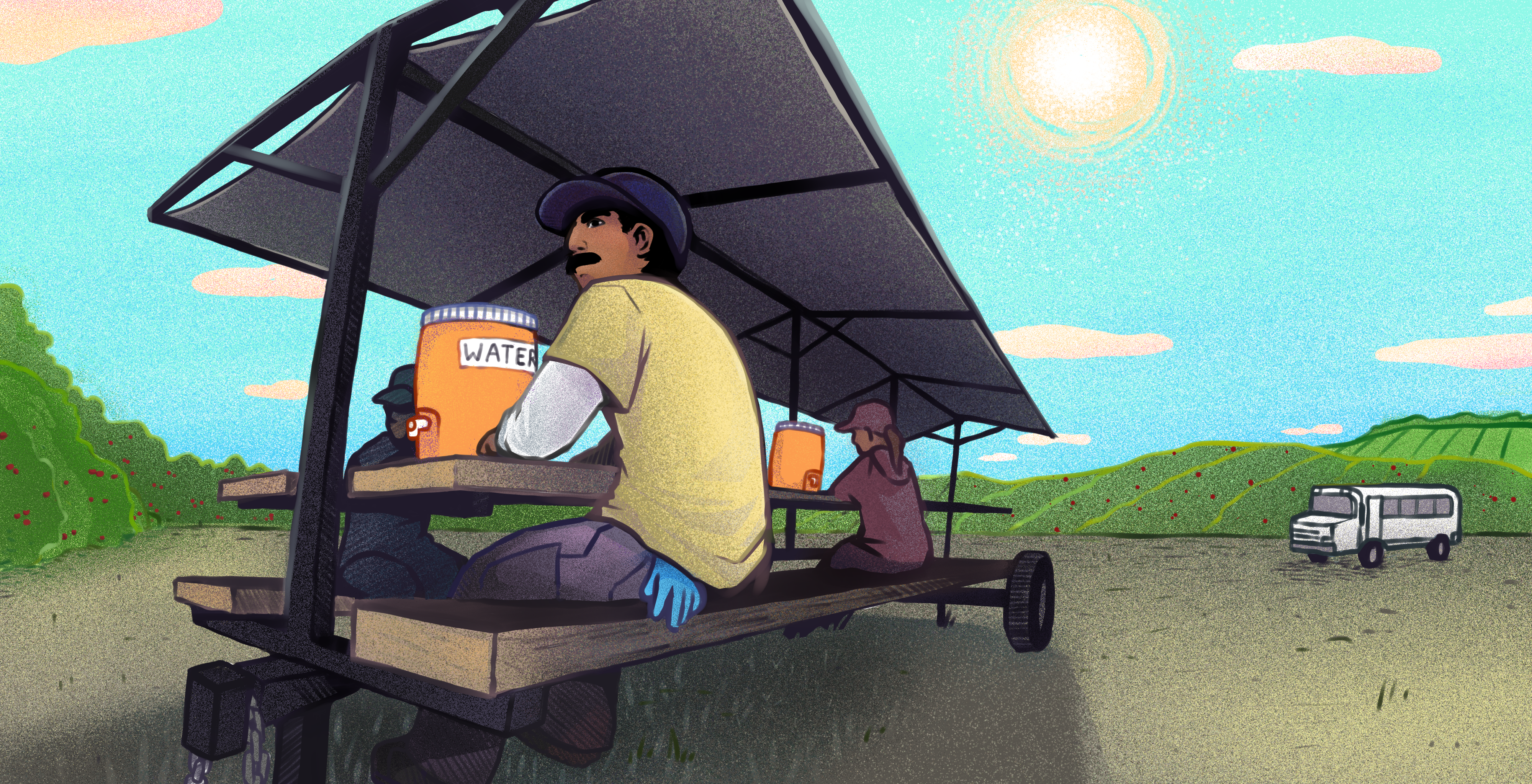In this monthly newsletter, please read about : 1) ICE Air: Update on Removal Flight Trends, 2) US Government Policy: Some legislators and DHS trying to do more to offer humanitarian relief to migrants, 3) Migration Impacts on Women, 4) At the Border, 5) Beyond Borders: Health and Safety in the Age of Migration in Mexico, 6) Changing Demographics: Migrants to the US Come from Different Corners of the Globe, 7) Danger in the Darién Gap: Human rights abuses and the need for human pathways to safety, 8) Texas Gets Tough on Migrants, 9) Economic Benefits of Immigration – both documented and undocumented migrants, 10) Biden Can Claim Record Numbers of Removals.
TAKE ACTION NOW
Here is what you can do to take action this week and act in solidarity with migrants and their families. (See details at the bottom of this newsletter.)
A) Join a Solidarity Delegation to Southern Mexico: November 11-16, 2024
B) Stop Criminalizing Migrants Traveling through the Darién Gap
C) Volunteer to Assistant Migrants and Refugees in Cleveland: Catholic Charities
D) Volunteer to Assistant Migrants and Refugees in Cleveland: NEO Friends of Immigrants
E) Get Paid to Assist Migrants and Refugees in Cleveland
F) Act Now for Welcoming, Dignified, and Just Immigration
Read the full IRTF Migrant Justice Newsletter each month at https://www.irtfcleveland.org/blog



